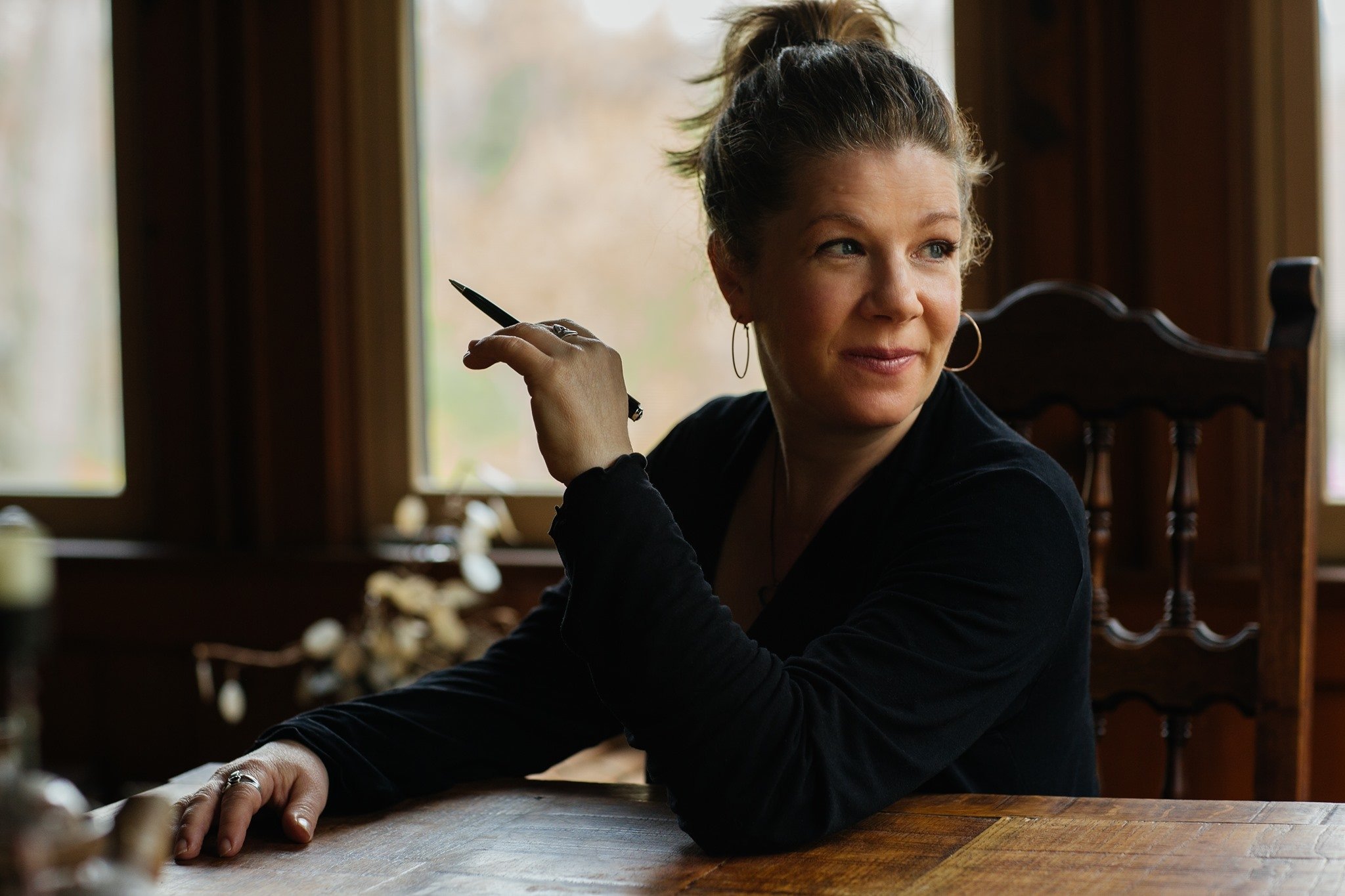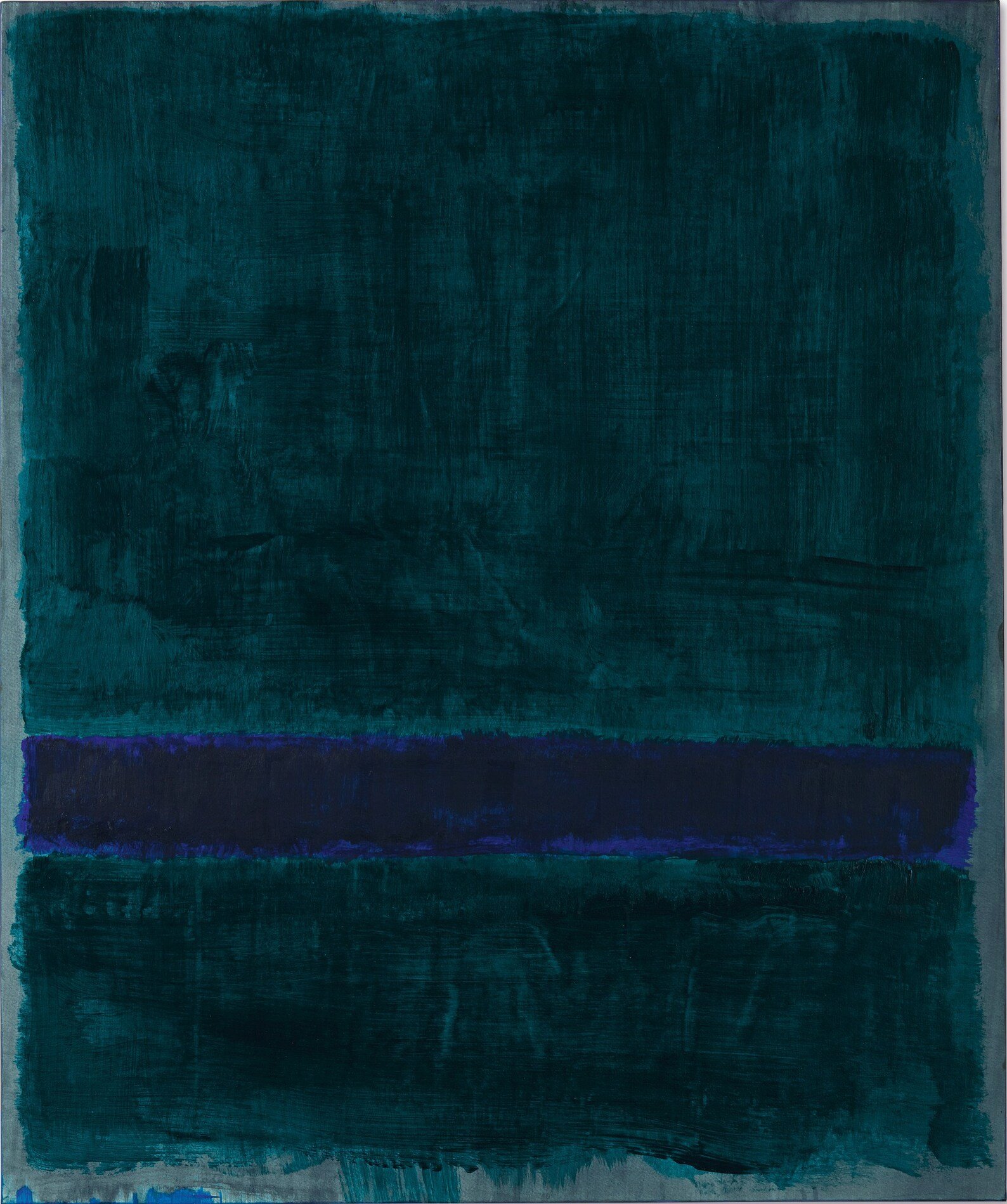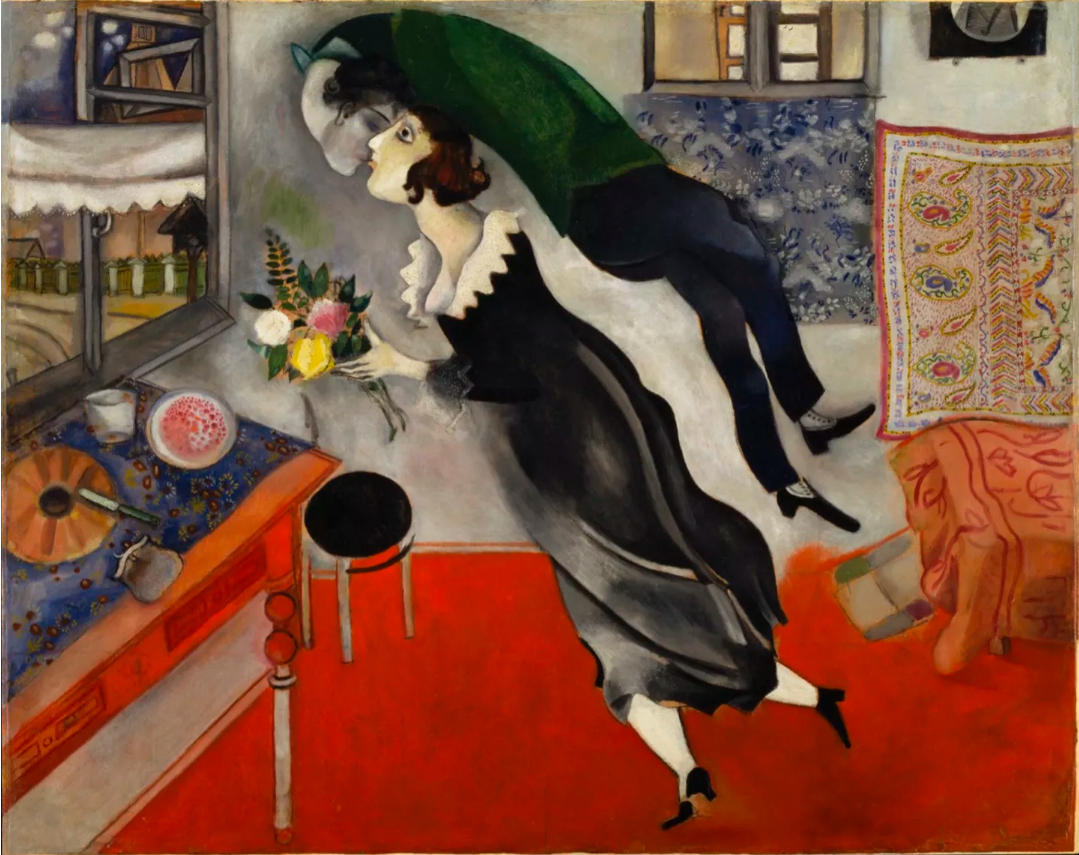Dar Williams, Singer-Songwriter

Dar Williams has been described by The New Yorker as “one of America’s very best singer-songwriters,” but to thirteen-year-old Tamar she was, quite simply, a personal hero: a songwriter whose poetry, poignancy, and humor could capture at once the authentic voices of an inner child, a searching young adult, and a wizened sage. We met in person in 2013 at Dar’s songwriting retreat, and our friendship has been evolving ever since, exploring together the rigors of writing and storytelling through sound and song, and what it means to dip in and out of a creative space as a way of simply getting through the day.
Dar has recently published a book about songwriting that is chock full of philosophical wisdom and applicable nuggets, many of which borne from a decade of retreats. We sat down together to talk about songwriting, art museums, the art of writing songs about art, and specifically her evocative, ambivalent "Mark Rothko Song," which tackles it all head-on.
[2:05] Dar’s relationship with museums and creating a space for poetic thinking.
[8:40] Specific museums, exhibitions, paintings that have inspired Dar’s songs: Dia, “Made in America,” the Fogg.
[11:45] Writing Mark Rothko Song. Where did Dar go? Where did Dar really go?
[14:45] The difficulties inherent in writing about art. What prompted the writing of this song? Dar’s first encounter with Rothko’s “Untitled (Blue Green)” and the first verse.
[20:15] Diving into the prosody of the song, how the music and lyrics support the voice of the song: finger picking, major to minor, chord to chord, key to key, mood to mood.
[27:41] Return to the lyrics and narrative. The way that Rothko encourages people to make subjective associations…but then comes the foil of the second verse, creating the contrast between subjective and objective.
[33:52] The song’s dueling (or complementary?) aha moments in the bridge and final verse. People both love Rothko and struggle to connect to him. Following the narrator’s journey as she wrestles with seeing something versus knowing something.
[45:47] Appreciating an honest song about art viewing that doesn’t flatten the characters. Reflecting on the elements of the song that hold up as Dar has gotten older.
[51:19] The similarities between art museums and songwriting retreats: opening up, engaging poetic thinking.
[55:28] Also the hazards of living in a space of poetic thinking, especially as a parent. The necessary objectivity of the caretaking space.
[1:02:20] The “Five Things” Rule, and whether Mark Rothko might just be the exception that proves the rule. Tamar meets her Rothko and gives hope to kind pedestrians everywhere.
[1:09:14] Mark Rothko Song in full.
Images Referenced:
Music Used:
Dar Williams, “When I Was A Boy”; “Mark Rothko Song” (live); “The Beauty Of The Rain”; “Mark Rothko Song” (album version)
External Links:
Dar’s book, How to Write a Song That Matters
Dar’s songwriting retreat, Writing a Song That Matters
by Dar Williams
The blue it speaks so full
It's like a beauty one can barely stand
Or too much things dropped in your hand
And there's a green like the peace in your heart, sometimes
Painted underneath the sheets of ashy snow
And there's a blue like where the urban angels go, very bright
Now the Calder mobile tips a biomorphic sphere
Then it swings its dangling pieces round to other paintings here.
Your behavior is so strange
It's like you can't explain yourself to me
I think I'll ask Renoir to tea
For his flowers are as real as they are, all the time
And the sunlight sets the furniture aglow
It's a pleasant time as far as people go, how far do they go?
Well his roses are perfect and his words have no wings
I know what he can give me and I like to know these things.
I met her at the funeral
She said “I don't know what he meant to me
I just know he affected me.
An effect not unlike his art, I believe.”
The service starts and we are in the know
He had so much to say and more to show, and ain't that true of life?
So we weep for a person who lived at great cost
And we barely knew his powers till we sensed what we had lost.
A friend and I in a museum room
She says, "Look at Mark Rothko's side
Did you know about his suicide?
Some folks were born with a foot in the grave, but not me, of course."
And she smiles as if to say we're in the know
Then she names a coffee place where we can go, uptown
Now the painting is desperate, but the crowds wash away
In a world of kind pedestrians who've seen enough today.
© BMG Rights Management





